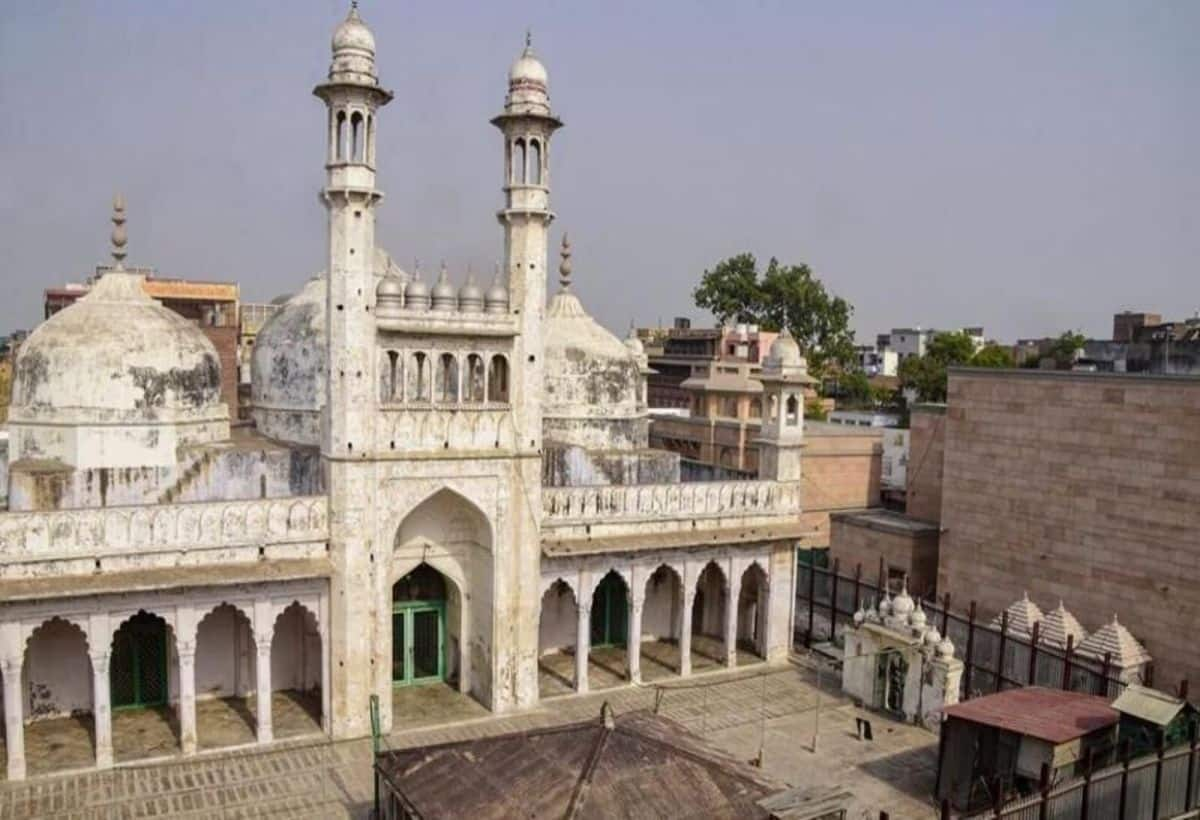Recent Developments in the Gyanvapi Court Case
The ongoing legal battle over the Gyanvapi mosque has entered a new phase as the Hindu side recently faced a significant setback. On October 25, 2023, the Senior Division Fast Track Civil Judge in Varanasi delivered a ruling that rejected the Hindu side’s petition for an Archaeological Survey of India (ASI) reevaluation of the site. This decision has raised concerns and questions regarding the future proceedings of this sensitive case that continues to draw national attention.
Details of the Court’s Decision
In the recent ruling, the court dismissed the Hindu side’s request for an additional ASI survey aimed at ensuring the security and proper assessment of the Gyanvapi complex. The Hindu side’s lawyer, Vijay Shankar Rastogi, expressed disappointment over the decision, stating, “The court has dismissed our application for a comprehensive survey by the ASI in the entire Gyanvapi area.” This verdict is seen as a crucial moment in the protracted legal conflict surrounding the historical site.
Implications of the Ruling
The rejection of the ASI survey plea has significant implications for the ongoing Gyanvapi dispute. Many legal experts suggest that this ruling could hinder the Hindu side’s ability to further substantiate their claims regarding the historical and religious significance of the site. The decision not only impacts the current status of the case but also raises questions about the potential for future legal maneuvers.
Next Steps for the Hindu Side
Despite this setback, the Hindu side is determined to continue their fight. Vijay Shankar Rastogi confirmed that they plan to appeal the decision in a higher court. Legal analysts predict that an appeal could further prolong the proceedings, as the case has already drawn considerable public and political interest. The outcome of the appeal could potentially reshape the legal landscape surrounding the Gyanvapi issue.
Public Reaction and Future Considerations
The reaction to the court’s ruling has been mixed, with strong opinions emerging from both sides of the dispute. Supporters of the Hindu claim view the ASI survey as essential for establishing evidence of their historical assertions, while opponents argue that the decision upholds the site’s contemporary importance as a mosque. Moving forward, the legal implications and the public sentiment surrounding this case will likely continue to evolve, keeping the issue in the national spotlight.
Conclusion
The Gyanvapi court case remains a contentious issue that intertwines legal, religious, and cultural dimensions. The recent court ruling denying the ASI survey request has added a layer of complexity to the ongoing dispute. As both sides prepare for the next stages of legal combat, the broader implications for communal relations and historical narratives in India are profound. Stakeholders and observers alike will be closely following the developments in this critical case.
